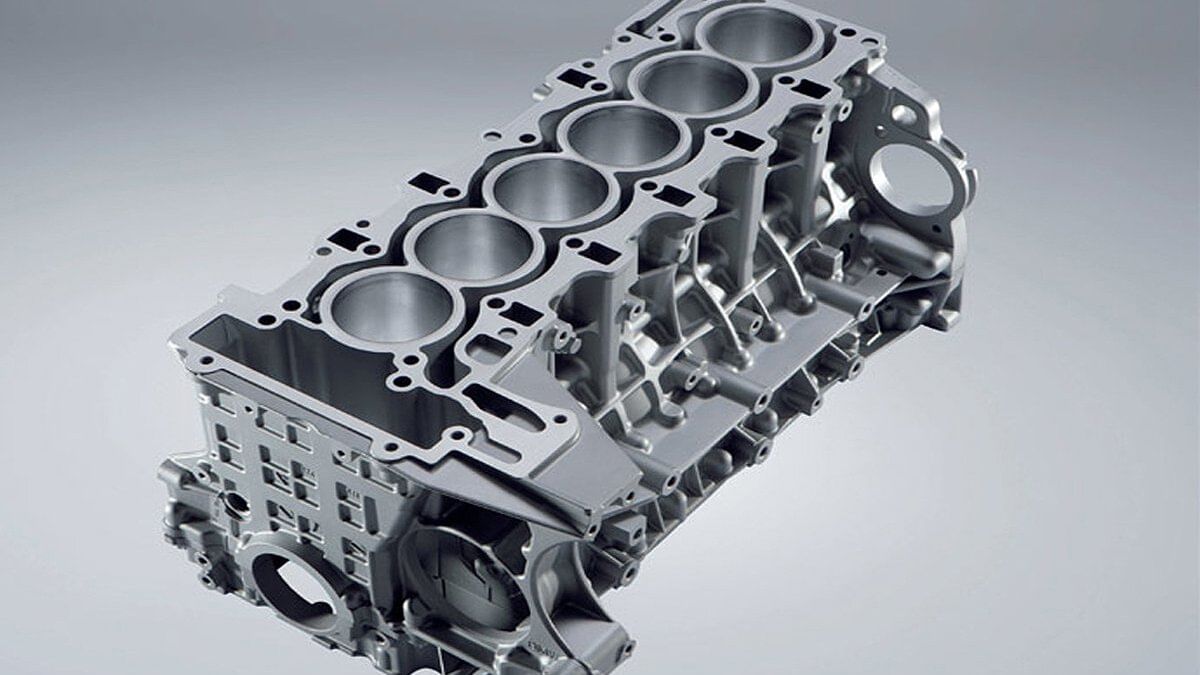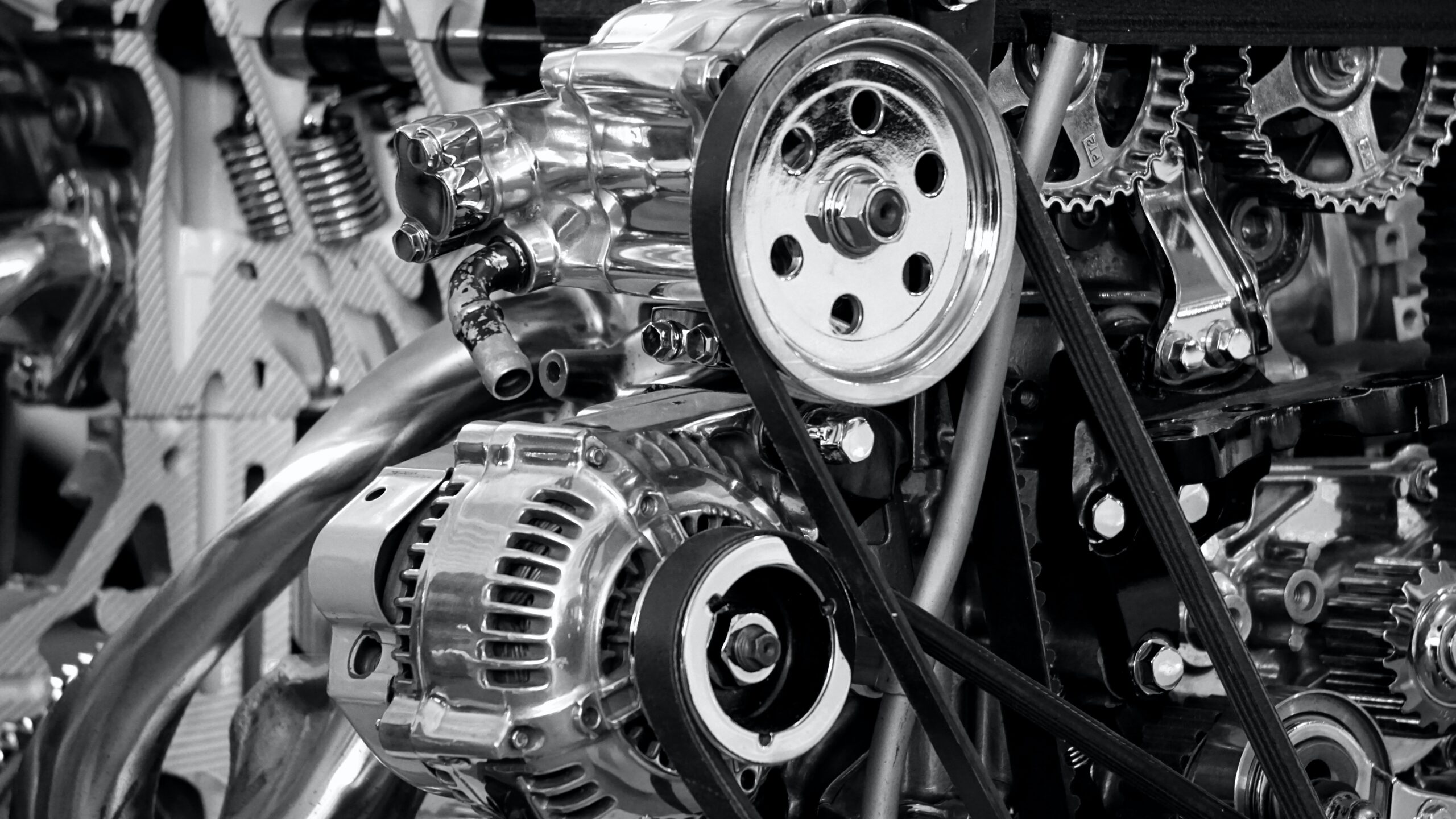Explore a Wide Variety of Engines for every single Automobile and Function
The auto landscape is progressively complex, with a varied variety of engine kinds developed to satisfy particular efficiency and efficiency demands across different automobile classifications. In addition, heavy-duty engines offer the requirements of job cars, while eco-friendly options are getting traction in the quest of sustainable transportation.
Types of Automotive Engines
Automotive engines can be classified right into several distinct types, each designed to satisfy particular efficiency and performance requirements. One of the most common groups include inner combustion engines, electrical engines, and crossbreed systems.

Electric engines, on the various other hand, operate electrical power stored in batteries, offering instant torque and zero emissions. These engines are ending up being increasingly preferred due to developments in battery modern technology and the growing focus on sustainability.
Hybrid systems incorporate both inner burning and electric engines, making it possible for automobiles to optimize gas effectiveness and lower exhausts by seamlessly changing between power sources. Each engine kind presents its disadvantages and advantages, influencing variables such as lorry style, intended usage, and market demand. Recognizing these differences is essential for suppliers and consumers alike when selecting the ideal engine for their specific requirements.
Efficiency Engines for Sports Cars
Performance engines for cars are especially engineered to supply boosted speed, dexterity, and power, establishing them besides typical auto engines. These engines typically use advanced technologies such as turbocharging, supercharging, and variable shutoff timing to maximize effectiveness and responsiveness.
Generally, performance engines are created with greater compression ratios, which permit higher energy removal from fuel. This results in outstanding horse power and torque figures, making it possible for rapid acceleration and greater top speeds. The lightweight materials made use of in these engines, such as light weight aluminum and carbon fiber, contribute to decreased total car weight, improving handling and maneuverability.
Engine configurations like V6, V8, and also hybrid systems prevail in efficiency cars, each offering special advantages in terms of power shipment and driving dynamics. The adjusting of these engines is also vital; many suppliers optimize the engine monitoring systems to supply an electrifying driving experience, usually including sporting activity settings that adjust throttle feedback and gear changes.
Effective Engines for Daily Commuters
In the world of daily travelling, efficient engines play a crucial function in maximizing gas economy and reducing exhausts while providing dependable performance. As city populations expand and environmental problems increase, the need for cars furnished with reliable powertrains has surged.
Modern engines developed for daily travelers frequently integrate technologies such as turbocharging, straight gas injection, and crossbreed systems. Turbocharging improves engine efficiency forcibly more air right into the combustion chamber, permitting for smaller sized, lighter engines that do not jeopardize power output. Straight gas shot enhances fuel atomization, leading to much better burning and enhanced efficiency.
Crossbreed engines, combining internal burning with electrical power, additional increase fuel economic situation, especially in stop-and-go website traffic, where typical engines can struggle with ineffectiveness. Electric motors help throughout acceleration and can operate individually at reduced speeds, lowering overall fuel usage.
Furthermore, innovations in engine monitoring systems and light-weight products contribute significantly to efficient engine design. By concentrating on efficiency, resilience, and environmental sustainability, manufacturers continue to supply engines that not just fulfill the demands of everyday travelling yet likewise align with global initiatives to lower carbon impacts.
Heavy-Duty Engines for Work Vehicles
Sturdy engines for job vehicles are regularly crafted to provide extraordinary torque and integrity under demanding conditions. These engines are developed to perform in settings where typical engines might falter, such as building and construction websites, logging procedures, and farming settings. The primary focus of durable engines is their ability to create high degrees of power while keeping longevity over extended periods of procedure.
Generally, heavy-duty engines make use of innovative products and durable building and construction methods to withstand the roughness of hefty workloads. Functions such as enhanced cylinder blocks, boosted air conditioning systems, and progressed gas injection innovations contribute to their effectiveness. These engines usually operate at reduced RPMs, which aids to enhance fuel effectiveness while giving the essential power for lugging and carrying.
In enhancement to mechanical toughness, heavy-duty engines are frequently equipped with advanced electronic control units (ECUs) that take care of efficiency, discharges, and important link diagnostics. This assimilation enables better tracking and upkeep, making sure that work cars continue to be functional and Your Domain Name efficient.
Inevitably, durable engines are a crucial element in the efficiency of numerous markets, supplying the required power and dependability to tackle the most difficult of tasks.
Eco-Friendly Engine Options
The expanding focus on sustainability has actually caused the development of green engine options that focus on decreased emissions and improved fuel efficiency. These engines are made to decrease the ecological effect of vehicles while still supplying the efficiency and integrity expected by consumers.
Among the most noteworthy environmentally friendly options are hybrid and electric engines. Crossbreed engines combine typical inner burning engines with electric propulsion, allowing for decreased gas intake and reduced greenhouse gas exhausts. Electric engines, on the other hand, run entirely on battery power, generating absolutely no tailpipe exhausts and adding to cleaner air quality.
One more encouraging development is the advancement of biofuel engines, which use renewable energies, such as plant materials, to power vehicles (Engines For Africa). By utilizing biofuels, these engines can reduce reliance on nonrenewable fuel sources and reduced overall carbon footprints

As the automobile industry evolves, environment-friendly engine alternatives will play a critical role in driving the change in the direction of more sustainable transportation options.
Final Thought
From high-performance engines that improve sports cars and truck capabilities to effective designs prioritizing gas economic climate for day-to-day commuters, each type serves a certain function. Heavy-duty engines provide to durable work automobiles, while environmentally friendly options, such as electric and biofuel engines, promote sustainable transportation.
